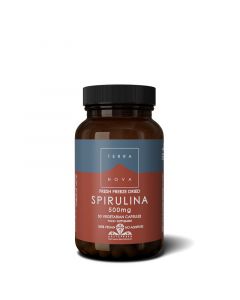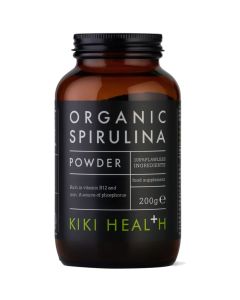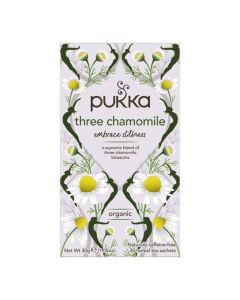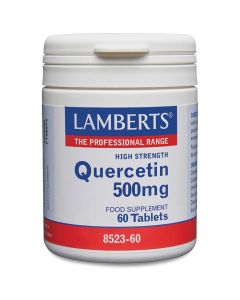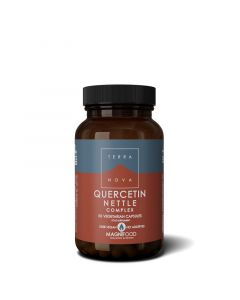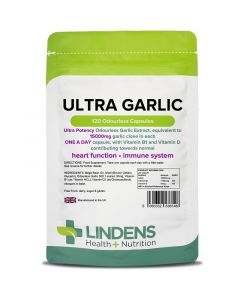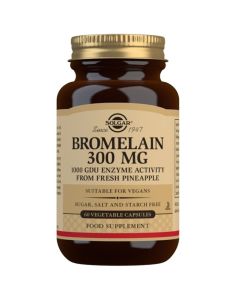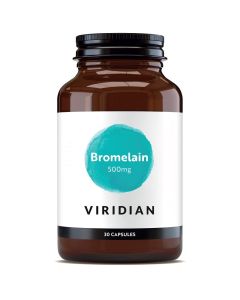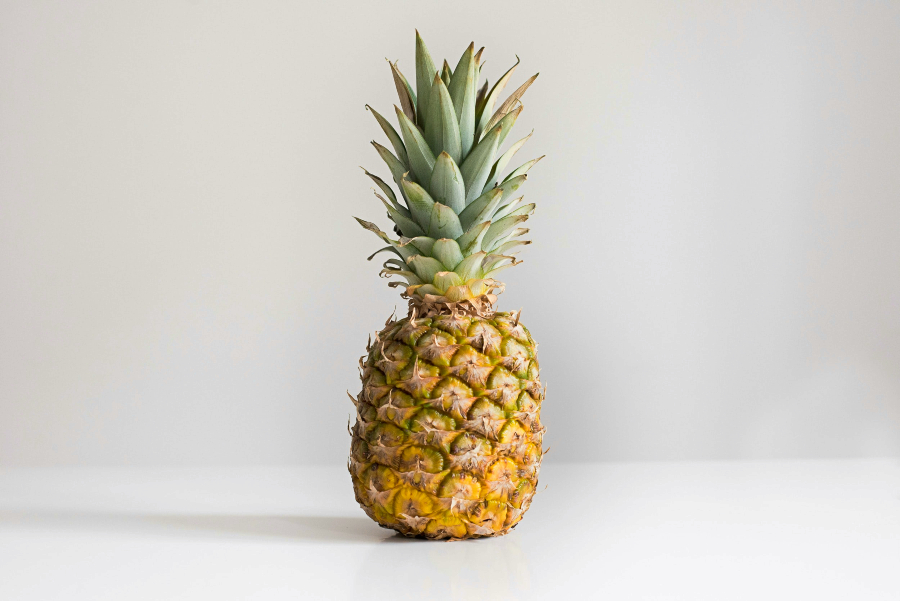
Best Natural Remedies For Hay Fever
Sneezing season is well and truly upon us. Allergies, especially pollen and grass allergies, can appear across spring and summer as different plants go through their growth and blooming periods. Between March and September, you may find you are sniffling and sneezing more often.
To help combat your allergic reactions to nature, we've sought out the best natural remedies for hay fever. Here, we recommend our favourite herbal products and explain how they work. These can be used alongside an antihistamine or as an alternative natural antihistamine to alleviate your symptoms.
1. Spirulina
There are numerous health benefits to spirulina but its properties as a natural remedy for allergies are most noteworthy for those who suffer from hay fever.
Spirulina is an organism that grows in both freshwater and saltwater. It is packed with nutrients such as protein, Vitamin B1, Vitamin B2, Vitamin B3, copper and iron, and has also demonstrated antiallergic protective effects towards hay fever. It has been found to successfully decrease hay fever symptoms such as sneezing, nasal congestion, itching and runny noses.
Spirulina can be taken as a tablet or in powder form, with the powder being relatively easy to add to blended drinks, smoothies and other liquids.
Recommended Spirulina Products
2. Herbal Teas: Chamomile, Licorice & Nettle
Herbal teas are a great natural remedy for hay fever, in particular nettle, chamomile and licorice teas. All of these herbal infusions contain naturally occurring antihistamines and antioxidants, which act as anti-inflammatory agents and soothe and clear your sinuses.
You can consume these as hot herbal infusions – leaving in hot water for at least five minutes – or as cold/iced teas. Steeping overnight and then refrigerating will give you a cool summer beverage that also helps minimise your hay fever stuffiness.
Recommended Herbal Teas
3. Quercetin
Quercetin is a popular herbal remedy for hay fever as it controls allergy symptoms. Its anti-inflammatory properties help to lessen the respiratory side effects of hay fever, making breathing easier and offering relief from the feeling of congestion.
Quercetin is naturally found in broccoli, cauliflower, green tea and citrus fruits. Research suggests that adding quercetin to the diet may help to relieve allergy symptoms. You can do this with an increased intake of foods that contain it or you can use a supplement to get a quick daily dose.
Recommended Quertin Products
4. Garlic
Not just a delicious and powerful flavouring for food, garlic has the anti-allergen properties that make it a great natural remedy for hay fever. Garlic helps to boost your immune system and act as a decongestant offering relief from a stuffy nose.
If you are partial, you can consume garlic raw or in food. But if you want to avoid getting garlic-breath, you can always get a beneficial dose of garlic via a supplement.
Recommended Garlic Products
5. Bromelain
Bromelain is a type of enzyme naturally found in pineapples and papaya. It is most commonly extracted from pineapples, specifically the stems. It is worth noting that eating or drinking pineapples does not provide a large enough dose for it to be an effective treatment.
Bromelain makes for a good natural remedy for hay fever symptoms as it has anti-inflammatory and anti-allergic properties. This can help to reduce nasal swelling, congestion and thin mucus, making it easier for people to breathe.
Recommended Bromelain Products
Herbal remedies aren't a medical replacement for allergy tablets
Be aware that herbal remedies for hay fever or allergies should only be used for mild symptoms. It’s also important to check with your GP to make sure it’s safe for you to use herbal remedies, particularly if you’ve already been prescribed allergy medication as herbal products may interfere with your prescribed treatment.
Disclaimer
The products offered are not intended to diagnose, treat, cure, or prevent any illness or disease, or replace the advice of a medical professional. Results are not guaranteed and may vary from individual to individual.

